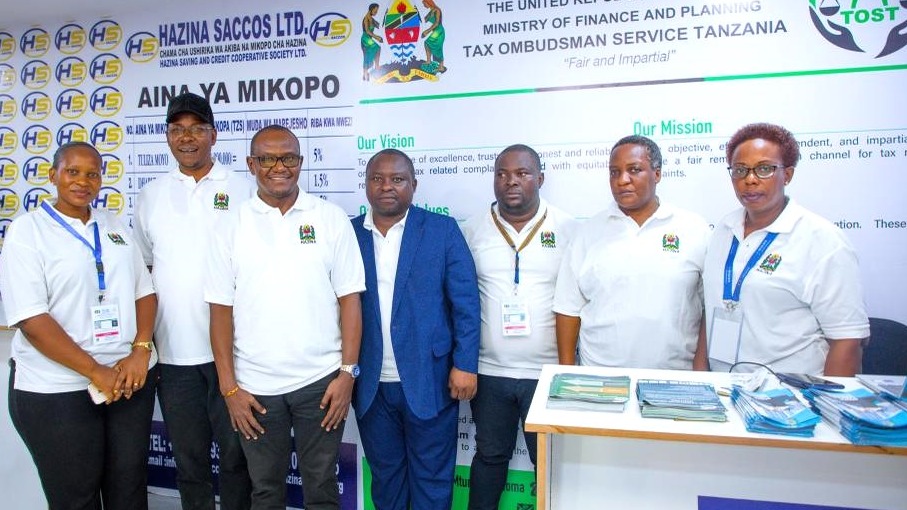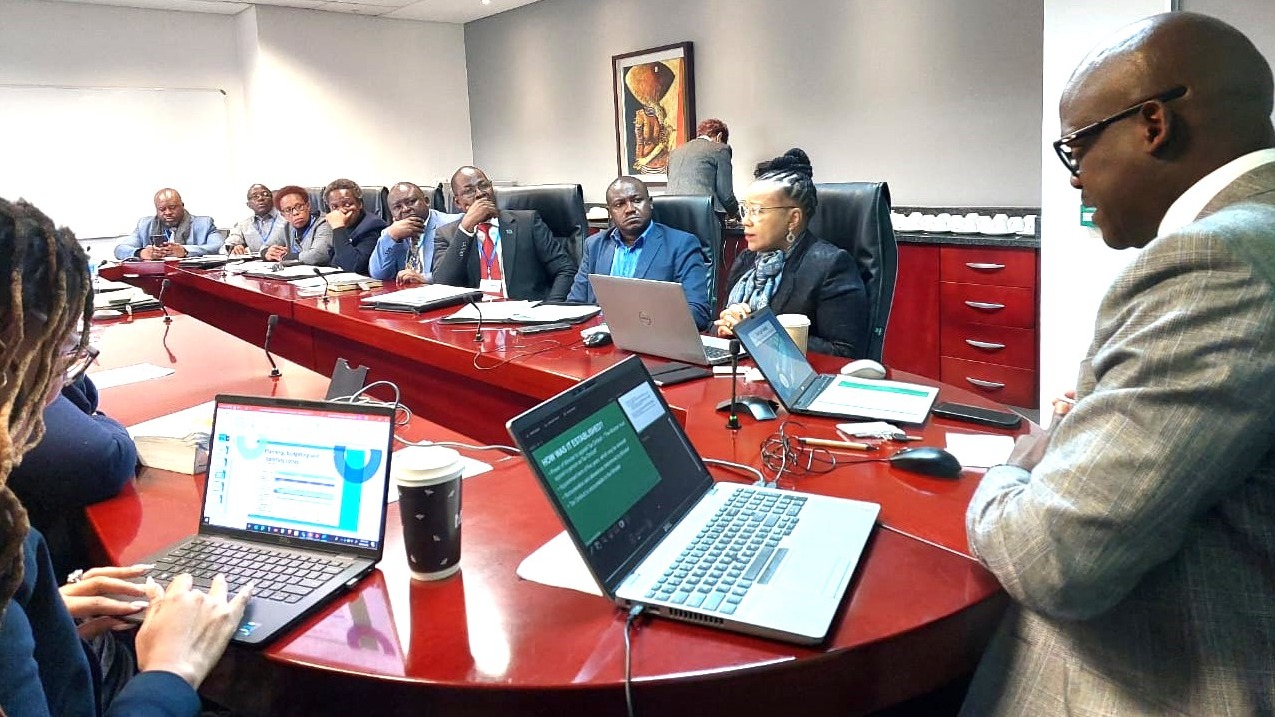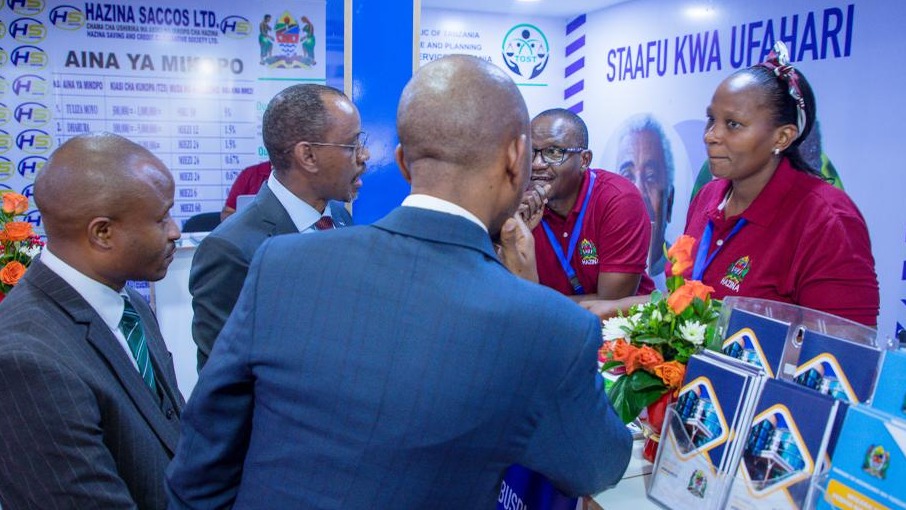Upatanisho
Conciliation is an Alternative Dispute Resolution process where an independent third party, the conciliator, helps people in a dispute to identify the disputed issues, develop options, consider alternatives and try to reach an agreement.
A conciliator may have professional expertise in the subject matter in dispute and will generally provide advice about the issues and options for resolution. However, a conciliator will not make a judgment or decision about the dispute.
Conciliation may be voluntary, court ordered or required as part of a contract. It is often part of a court or government agency process.
About the conciliation process
The role of conciliators is similar to that of mediators except that the conciliator may also:
- Have specialist knowledge and give you some legal information
- Suggest or give you and the other participants expert advice on the possible options for sorting out the issues in your dispute
- Actively encourage you and the other participants to reach an agreement.
The conciliator will not:
- Take sides or make decisions
- Tell you what decision to make, although they may make suggestions
- Decide who is right or wrong
- Provide counselling.
Conciliation is usually held face to face, so that you can talk to each other directly. However, you may also have separate sessions with the conciliator.
Sometimes the conciliator can act as a 'messenger' by talking to you and the other participants separately and communicating ideas or proposals between you. It is also possible to hold conciliation sessions by telephone in some circumstances.
When is conciliation suitable?
Conciliation is likely to be suitable if you:
- Want to reach an agreement on some technical and legal issues
- Want assistance with the process
- Want to make the decision with the other participants involved
- Want advice on the facts in your dispute.
- Conciliation may also be suitable if you have tried mediation and still cannot reach agreement with the other participants.
What role do lawyers or experts play?
The participants' lawyers can usually be present during conciliation. In some cases, experts may also be present. Some conciliation processes do not require lawyers to participate. If you wish to have your lawyer participate in a conciliation process or have experts attend, you should discuss this with the conciliator before the process begins.




